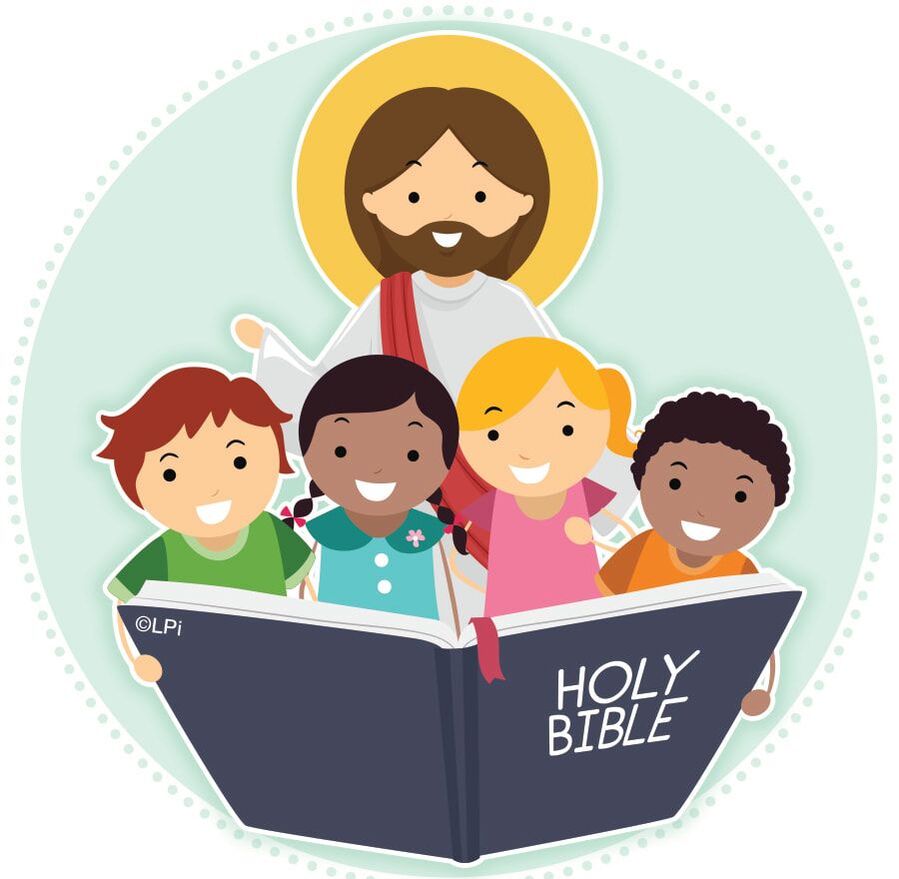Intent
The intention is that RE in Lacock Primary School will:
• Develop pupil’s knowledge and understanding of, the beliefs and practices of Christians and people of other principal world religions, and non-religious world views.
• Enable pupils to explain how beliefs and practices can inform and change the way people see the world and the way they live and treat others.
• Help pupils to gain an understanding of differences held within a religious or nonreligious worldview and of the similarities of beliefs and practices held in common by people within and across traditions.
• Equip pupils to be sensitive to the beliefs of other, able to express their own views well, show curiosity and have the skills to ask appropriate questions when meeting people different to themselves.
We aim to engage pupils in enquiring into and exploring questions arising from the study of religion and belief, so as to promote their personal, spiritual, moral, social and cultural development. It is not about telling pupils what religious views they should have but rather assists them in gaining shared human understanding, developing personal identity and searching for meaning in the context of evaluating different viewpoints.
Teaching and learning encourage the development of attitudes and values that are a reflection of our Christian ethos, and an understanding of the meaning and significance of faith.
Implementation
At Lacock School, RE is taught weekly. We follow the Wiltshire agreed syllabus, supported by the Understanding Christianity and Discovery RE schemes of work.
In Key Stage One the children learn about the religions of Christianity and Judaism only.
In Key Stage Two, the children continue to learn more about Christianity and Judaism but also the additional religions of Islam and Sikhism.
Each unit of work engages the children through an enquiry based approach.
See our Long term planning for RE that follows a two year cycle due to the nature of us having mixed aged classes at Lacock. We have tried to ensure that classes study the religions of Christianity and Judaism at the same time across the school, and in Key Stage Two both classes study Sikhism and Islam at the same time also. This is to further the opportunities for cross class collaboration and building on previous learning.
Skills progression grids have been created to ensure that skills are covered in a comprehensive and progressive manner. These grids supplement teacher's planning.
Impact
Our children are knowledgeable and open-minded regarding the concepts of belief, faith and religion in line with their age and stage of development. They grow in their understanding as they progress that people within our own country and across the world hold a great many different beliefs and have many diverse faiths. Our children know that questions of faith, religion and belief are very personal and that there are often no ‘right’ answers – there are personal responses which may be shared by others. Children increasingly understand that culture can be influenced by religion and that ideas of morality are closely linked to religion. As children progress through our curriculum, they learn about a variety of religions and traditions linked to these faiths. They also learn about people who do not belong to a religion or who are undecided about their religious beliefs. Children are able to discuss questions of religion and faith in a safe environment where we show each other care, courtesy and consideration, allowing them to better understand the beliefs and faith systems of others at the same time as developing a sense of their own personal beliefs.
Click here to view our RE skills progression.
| Lacock 2 Year Cycle of Topics | |
| File Size: | 345 kb |
| File Type: | xlsx |
Our RE Knowledge Organisers
| Christianity Christmas - year 3 | |
| File Size: | 559 kb |
| File Type: | |
| eyfs_what_is_the_good_news_jesus_brings_knowledge_organiser.docx | |
| File Size: | 4326 kb |
| File Type: | docx |
| year_1_and_2_re_knowledge_organiser_sikhism.docx | |
| File Size: | 3881 kb |
| File Type: | docx |
| year_1_and_2_re_knowledge_organiser_sikhism.docx | |
| File Size: | 3881 kb |
| File Type: | docx |
| year_1_and_2_easter_knowledge_organiser.docx | |
| File Size: | 4750 kb |
| File Type: | docx |
| year_3_and_4_sikhism.docx | |
| File Size: | 116 kb |
| File Type: | docx |
| re_knowledge_organiser_year_1_creation.docx | |
| File Size: | 3285 kb |
| File Type: | docx |

